Peeking behind the curtain: Unboxing science teacher educators’ subjectivities in continuous professional development programmes
DOI:
https://doi.org/10.4151/07189729-Vol.62-Iss.1-Art.1410Palabras clave:
Science Education Teacher Education Higher EducationResumen
Several research agrees on the contribution of continuous professional development (CPD) programmes to support curriculum reform. In Latin-America there is growing concern about the university-school relationship, mostly related to the CPD of teachers. In Chile, the relationship university-school is posed in institutional discourses as a desirable professional development goal, yet the importance is less recognised in practice. Considering the teacher educators’ subjectivity in higher education is barely explored in the teacher education literature leaves the question of who are those involved in CPD programmes? Taking a qualitative approach and using dialogical strategy, we study the design meetings of a university team/teacher educators leading a CPD programme in science. Findings show salient features of the teacher educators’ subjectivity produced around the interaction between the school and the higher education sector, their relationship among themselves, the conditions of the university, and their perception of schoolteachers. Implications to research and practice are discussed.
Citas
Acuña, F. (2020). The Political-Pedagogical Teacher. A narrative study on subjective limits and experimental practices from dissident and organised Chilean Teachers (Doctoral dissertation). Recuperado desde https://discovery.ucl.ac.uk/id/eprint/10088860/
Ball, S. (2003). The teacher's soul and the terrors of performativity. Journal of education policy, 18(2), 215-228.
Bazzul, J. (2014). Critical discourse analysis and science education texts: Employing Foucauldian notions of discourse and subjectivity. Review of Education, Pedagogy, and Cultural Studies, 36(5), 422-437.
Bazzul, J. (2016). Science Education as a Site of Struggle. In Ethics and Science Education: How Subjectivity Matters (pp. 1-6). Springer Briefs in Education. Springer: Cham.
Bazzul, J. (2020). Political entanglement and the changing nature of science. In Nature of Science for Social Justice (pp. 79-95). Springer: Cham.
Bazzul, J., & Tolbert, S. (2019). Love, politics and science education on a damaged planet. Cultural Studies of Science Education, 14(2), 303-308.
BERA (2018). Ethical Guidelines for Educational Research, fourth edition. https://doi.org/978-0-946671-32-8
Bravo, P. (2022) Dialogue and big ideas of science education: exploring the discourses produced by Chilean schoolteachers and teacher educators in and around a continuous professional development programme. Doctoral thesis (Ph.D), UCL (University College London). Recuperado desde https://discovery.ucl.ac.uk/id/eprint/10148645/
Butler, J. (1997). The psychic life of power: Theories in subjection. Stanford: Stanford University Press.
Cannizzo, F. (2018). The Shifting Rhythms of Academic Work. On Education. Journal for Research and Debate, 1(3), 1-4.
Couso, D. (2016). Participatory approaches to curriculum design from a design research perspective. In Iterative design of teaching-learning sequences (pp. 47-71). Springer: Dordrecht.
Da Silva, M., & Neto, B. (2016). Peer instruction: continuing teacher education in higher education. Procedia-Social and Behavioral Sciences, 217, 249-256.
Fardella, C. (2020). Abrir la jaula de oro. La universidad managerial y sus sujetos. Revista Izquierdas, 49, 2299-2320.
Fardella, C., Sisto, V., & Jiménez, F. (2017). La transformación de la universidad y los dispositivos de cuantificación. Estudios de Psicología (Campinas), 34(3), 435-448.
Gill, R. (2009). Breaking the silence: The hidden injuries of neo-liberal academia. In R. Flood & R. Gill (Eds.), Secrecy and Silence in the Research Process: Feminist Reflections (pp. 228-244). London: Routledge.
Heyes, C. (2010). Subjectivity and power. In D. Taylor (Ed.), Michel Foucault: Key Concepts (pp. 159-172). Stocksfield: Acumen Publishing.
Krauss, S. (2005). Research paradigms and meaning making: A primer. The qualitative report, 10(4), 758-770.
Lather, P. (2012). The ruins of neo-liberalism and the construction of a new (scientific) subjectivity. Cultural Studies of Science Education, 7(4), 1021-1025.
Lefstein, A., & Snell, J. (2013). Better than best practice: Developing teaching and learning through dialogue. London: Routledge.
Lumpe, A. (2007). Based professional development: Teachers engaged in professional learning communities. Journal of science teacher education, 18(1), 125-128.
Moje, E. (1997). Exploring discourse, subjectivity, and knowledge in chemistry class. The Journal of Classroom Interaction, 35-44.
Montenegro, H. (2016). The professional path to become a teacher educator: the experience of Chilean teacher educators. Professional Development in Education, 42(4), 527-546.
Pareja, N., & Margalef, L. (2013). Learning from dilemmas: teacher professional development through collaborative action and reflection. Teachers and Teaching, 19(1), 18-32.
Subitha, G. (2018). Re-conceptualising teachers’ continuous professional development within a new paradigm of change in the Indian context: An analysis of literature and policy documents. Professional development in Education, 44(1), 76-91.
Sullivan, P. (2011). Qualitative data analysis using a dialogical approach. London: Sage Publications.
Tenorio, S., Jardi, A., Puigdellívol, I., & Ibáñez, N. (2020). Intersección escuela-universidad: un espacio híbrido de colaboración para fortalecer la formación inicial y el desarrollo profesional docente. Perspectiva Educacional, 59(2), 88-110.
Tippins, D., Nichols, S., & Tobin, K. (1993). Reconstructing science teacher education within communities of learners. Journal of science teacher education, 4(3), 65-72.
Vaillant, D. (2016). Trabajo colaborativo y nuevos escenarios para el desarrollo profesional docente. Revista hacia un movimiento pedagógico nacional, 60, 7-13.
Vaillant, D. (2019). Formación Inicial del Profesorado de Educación Secundaria en América Latina. Dilemas y Desafíos. Profesorado, Revista de Currículum y Formación del Profesorado, 23(3), 35-52.
Vanderlinde, R., Smith, K., Murray, J., & Lunenberg, M. (Eds.). (2021). Teacher Educators and Their Professional Development: Learning from the Past, Looking to the Future. Routledge: New York.
Van der Klink, M., Kools, Q., Avissar, G., White, S., & Sakata, T. (2017). Professional development of teacher educators: What do they do? Findings from an explorative international study. Professional development in education, 43(2), 163-178.
Descargas
Publicado
Cómo citar
Número
Sección
Licencia
Derechos de autor 2023 Paulina De los Angeles Bravo González, Sergio Ignacio Galdames Poblete

Esta obra está bajo una licencia internacional Creative Commons Atribución-CompartirIgual 4.0.
El/los autores/as otorgan licencia exclusiva y sin límite de temporalidad para que el manuscrito sea publicado en la revista Perspectiva Educacional, editada por la Pontificia Universidad Católica de Valparaíso (Chile), a través de la Escuela de Pedagogía.





